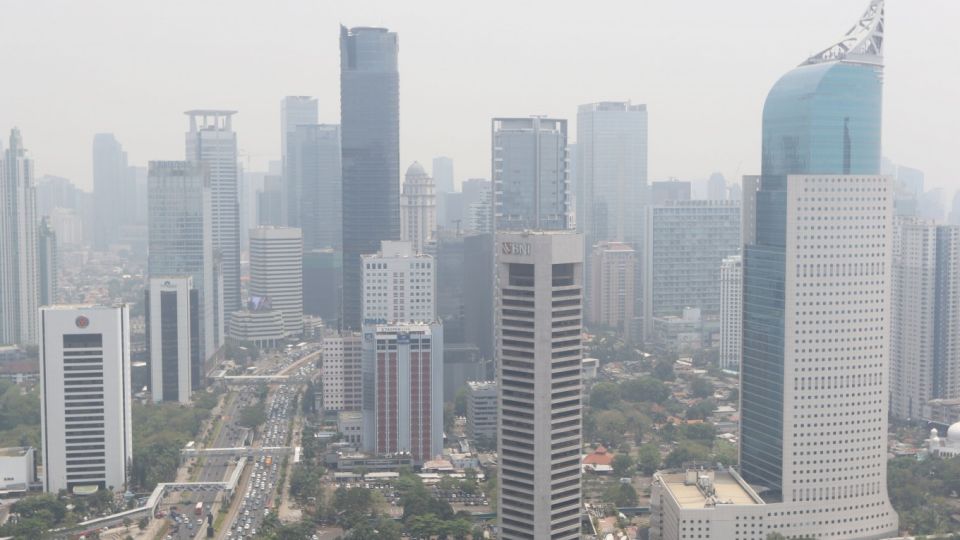September 16, 2022
JAKARTA – A year after a court found President Joko “Jokowi” Widodo and top-ranking officials in central and local administrations guilty of negligence for failing to tackle chronic air pollution in Jakarta, activists say there has been little in the way of actual implementation of the ruling.
The ruling read out last September marked the end of a two-year legal battle after 32 residents of Greater Jakarta, grouped under a movement named Koalisi Ibu Kota (Capital City Coalition), sued the President, environment minister, health minister, home minister and the governors of Jakarta, Banten and West Java in 2019.
Charlie Albajili of the Jakarta Legal Aid Institute (LBH Jakarta), who is part of the movement, said that the government should have demonstrated good intent and taken concrete actions to improve air quality in the capital.
“Regrettably the central government filed an appeal against the ruling instead,” Charlie said during a public discussion on Thursday. “The appeal means the government is delaying the efforts to control air pollution, the very same air that they [government officials] and ordinary citizens breathe.
” The appeal was filed by the President, the environment minister, the health minister and the home minister with the Jakarta High Court about two weeks following the ruling. The petitioners filed a countermotion against the appeal in January of this year.
Charlie questioned why it took more than six months for the Jakarta High Court to assign in late August the panel of judges that would preside over the appellate case.
“The time frame [of the court] is not normal. The court needs to consider the fact that this case is a matter of public importance and safety,” Charlie said.
He also noted that while the Jakarta administration did not appeal against the ruling, there had not been serious implementation of the ruling by the city either.
The city administration has said that it is preparing what it describes as an “air pollution control grand design” but Charlie said the policymaking process was neither transparent nor participatory.
Greenpeace Indonesia climate and energy campaigner Bondan Andriyanu criticized West Java and Banten administrations for not making efforts to control air pollution in their jurisdictions, as air pollution was transboundary by nature.
A Greenpeace Indonesia modeling found that emissions from power plants around Jakarta contributed to air pollution in the capital.
“Banten has the Suralaya coal-fired power plant, one of the worst emitters in Southeast Asia as it is really old and should have even been closed by now,” Bondan said.
He urged national and local authorities in Greater Jakarta to cooperate in controlling air pollution, including by installing more air-quality monitors in their areas and identifying what were the sources of pollution.
The Jakarta Environment Agency’s head of environmental impact control Yusiono A. Supalal told The Jakarta Post that his office had responded to the ruling by conducting emissions tests on vehicles, monitoring air quality and devising a strategy to control air pollution. “We are planning to introduce the grand design through a Pergub [gubernatorial regulation],” Yusiono said on Thursday.
He did not elaborate what the regulation would say or when it would be enacted.


